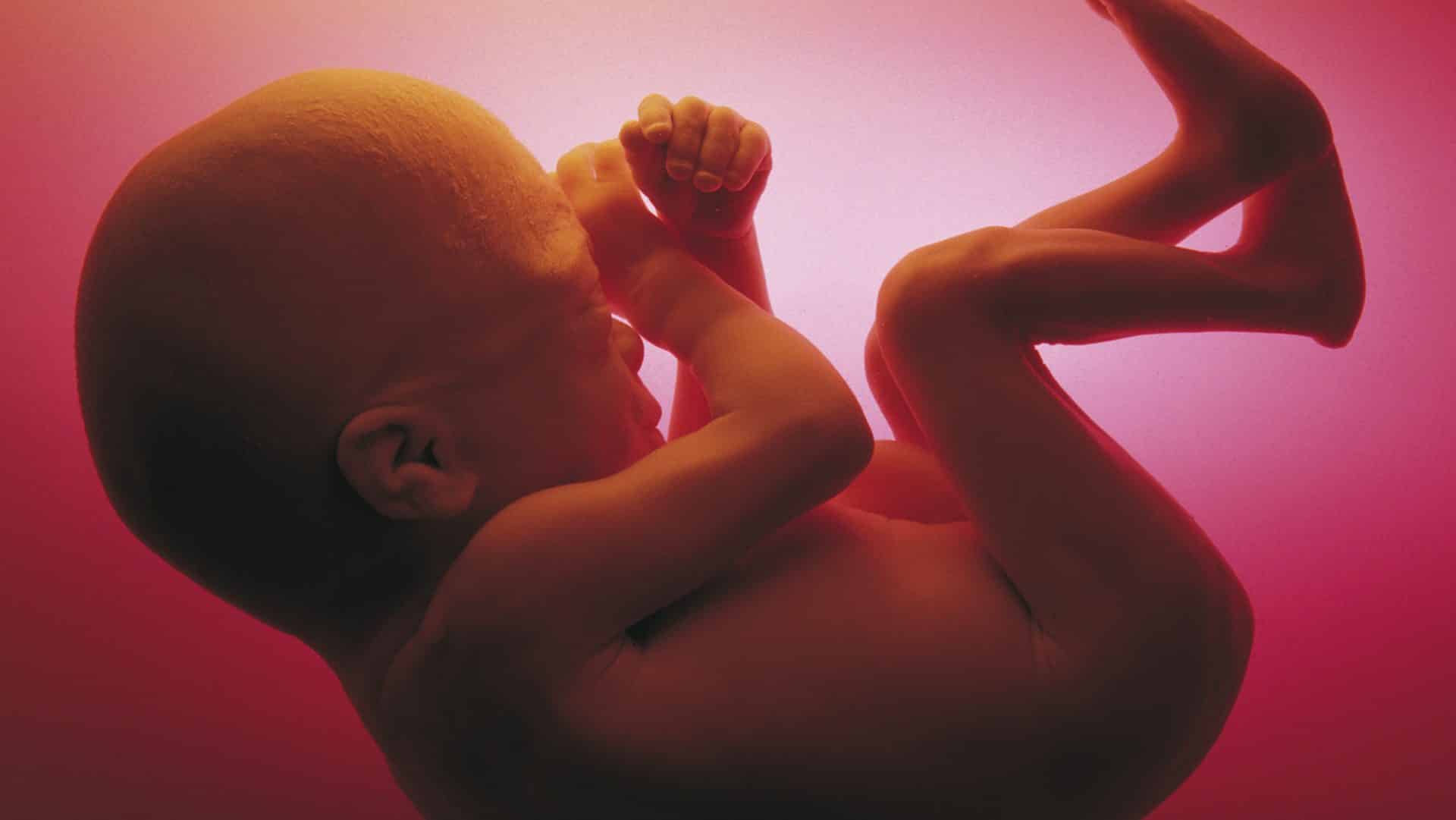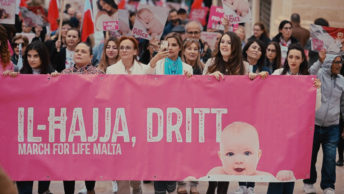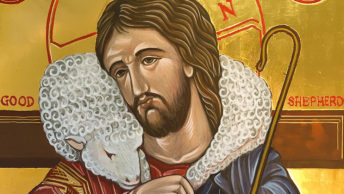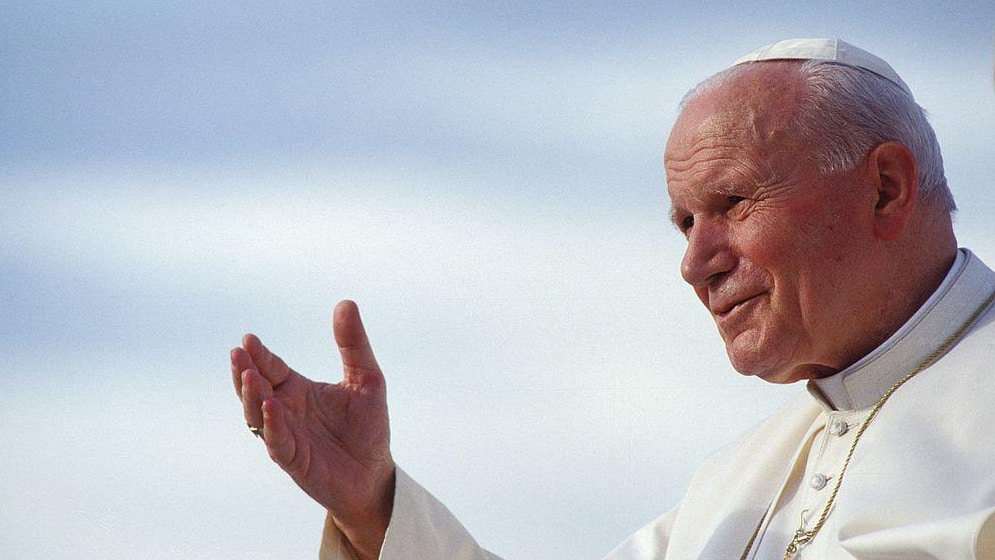On 23 June 2023 the Archdiocese of Malta officially welcomed the government’s decision to amend a bill that seeks to amend Malta’s criminal provisions on abortion to exempt interventions aimed at protecting the life of a pregnant woman. The Archdiocese described it as a “positive outcome that promotes right to life.”
The Archdiocese has long expressed its serious concerns regarding the bill, even before its original version was published. Malta’s Archbishop Charles Scicluna notably warned that the UK’s Abortion Act of 1967 had openly sought to legalize the medical termination of a pregnancy only in specific circumstances – mainly where continuing a pregnancy could entail grave risks or injury to the pregnant woman – only for this law to effectively provide abortion on demand.
Such concerns appeared to be validated by the original text, which stated that no offense is regarded to have happened“when the termination of a pregnancy results from a medical intervention aimed at protecting the health of a pregnant woman suffering from a medical complication which may put her life at risk or her health in grave jeopardy.”
The new amendments have, however, substantially altered the bill, not least the reference to “grave jeopardy” that had particularly concerned the Church and others opposed to the legalization of abortion in Malta. The bill now details that Malta’s criminal provisions on abortion do not apply when a woman’s health is in “grave jeopardy which can lead to death” and introduces other measures, including requiring decisions in cases where the risk of death is not imminent to be taken by a team of three medical professionals.
One also needs to mention the last traditional Christmas message of 2022 from the Bishop of Gozo Anton Teuma for his bold appeal to the Maltese authorities to “stop and reflect” ahead of the planned introduction of changes to the provisions on abortion in the Criminal Code. Bishop Teuma’s greeting took a more somber tone than one would likely expect in these days of joyous festivities. The Bishop courageously said: “It is sincerely not easy for me to share my Christmas greetings with you as in previous years – in other words, to celebrate and encourage you to celebrate the birth of baby Jesus – because of the situation we are going through. Then he went on by saying: “While we are celebrating the feast of Christmas, we are likely paving the way for Malta to become a cemetery for those who are deemed not to be viable.”
The Bishop recalled that for Christians, Christmas marks the occasion when God himself took the form of a baby, and that for all the discussion about what was viable or not, ultimately no infant could survive on their own.“If Joseph and Mary did not feed him, clothe him and offer him shelter, than the infant Jesus would have died like all of us would have,” he said. The Bishop then said that ultimately no one is truly viable on their own, since everyone calls for the help and support of others.
Furthermore, in that circumstance Bishop Teuma affirmed that his own exchanges with experts kept confirming that the bill was unnecessary: Malta did not need to change its laws to protect both women and the health professionals who must intervene to save their lives. While explaining that “rarely, if ever” have Maltese medical professionals been constrained to opt between saving a pregnant woman or the fetus, he said that it would be insulting to Malta’s doctors to suggest that they prioritized the latter over women’s lives in the past.
“My wish this Christmas is for all those with common sense to reason, to stop and reflect, to stop and try to discern what is truly best for the people, not what is best for me, or for a few people in power,” he said with a sad look on his face.“I hope that the laws being written in this country are not guided by any surveys or censuses, finding in favor or against a party or another, but are laws drafted in full respect of humanity.”
The Church’s reaction to the changes was concise and characterized by gratitude, with the Archdiocese thanking the government “for listening to a number of concerns that had been raised about the proposed amendment.” It also thanked“all those who contributed to this positive outcome, which continues to foster a culture of care that promotes the right to life of every human being while at the same time respecting the values of support and solidarity, especially to women in difficulty.”
Concerning abortion, Pope Francis has been direct and uncompromising. On 18 February 2016, when asked about abortion for pregnant women amid the Zika virus scare, he said that abortion not only is “an absolute evil” but also diametrically opposed to a doctors’ Hippocratic oath. “Abortion is not the lesser of two evils. It is a crime. It is to throw someone out in order to save another. That’s what the Mafia does. It is a crime, an absolute evil. Then, as his in-flight press conference returning from Mexico went on, Pope Francis said: “Abortion is not a theological problem. It is a human problem. It is a medical problem. You kill one person to save another, in the best case scenario. … It’s against the Hippocratic oaths doctors must take. It is an evil in and of itself”.
While thanking God for the victory for human life and being human thanks to the decision of the Maltese MPs, let us never leave the door ajar to abortion! It is simply unhuman.








